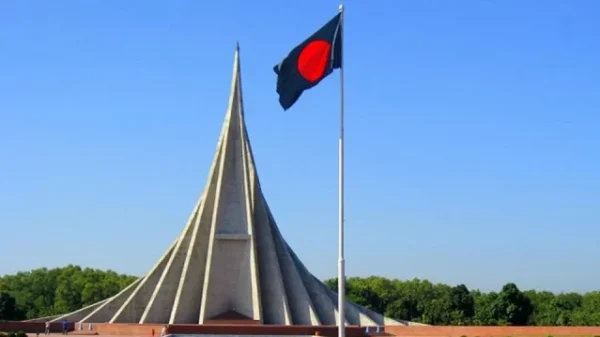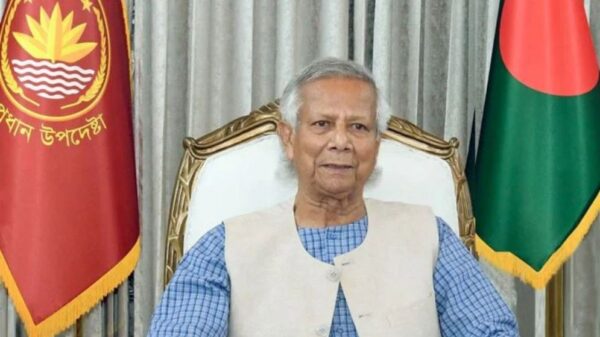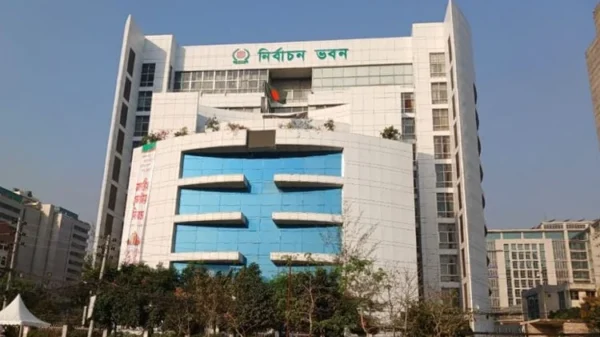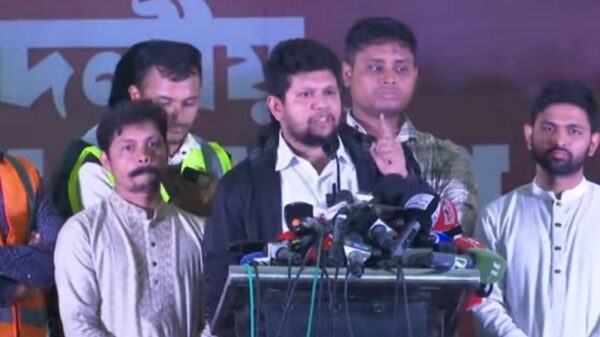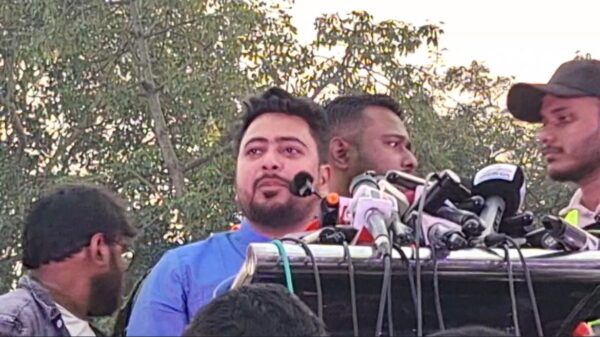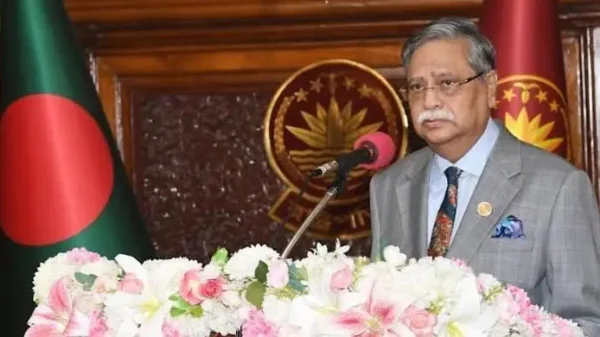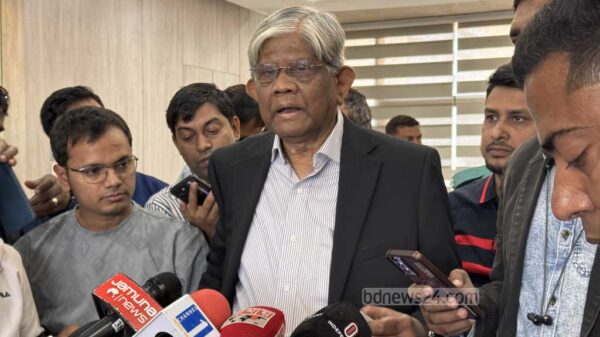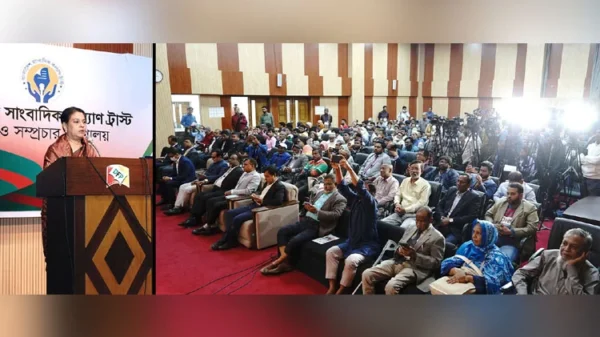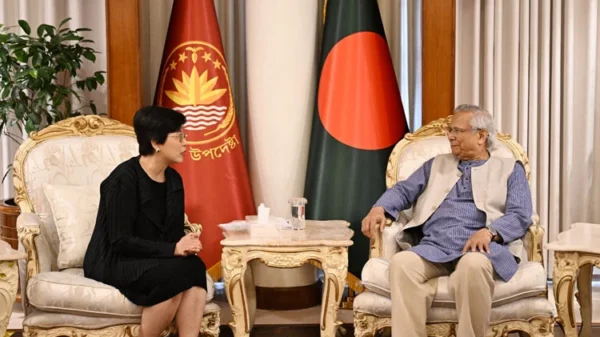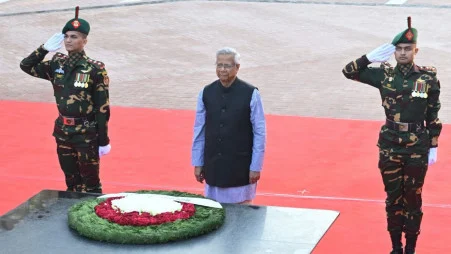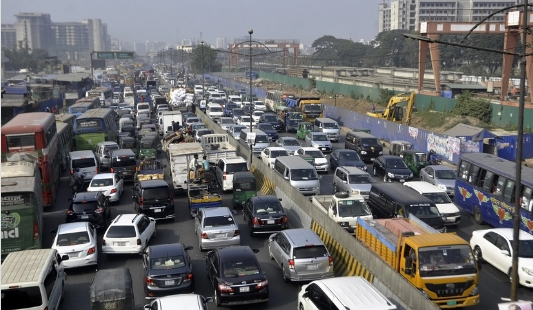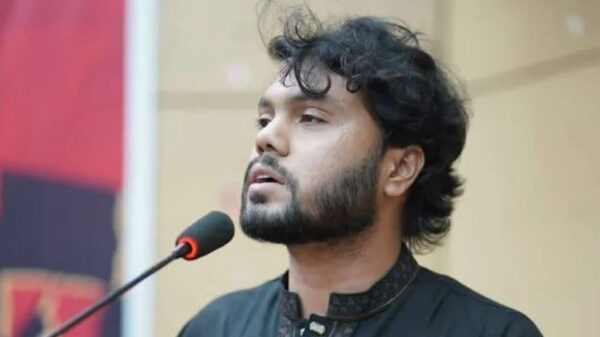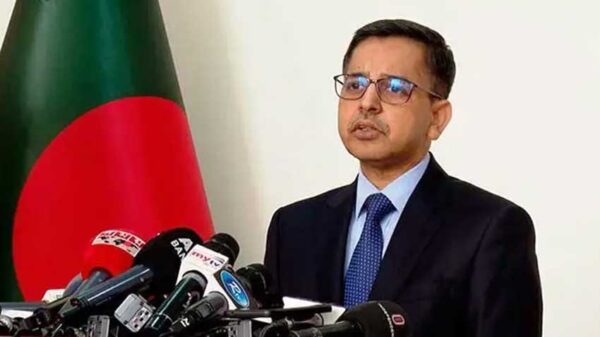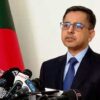Staff Reporter:
Amidst debate over the relaxation of penalties in the recently approved draft of the Road Transport (Amendment) Act, experts argue that proper enforcement of traffic laws holds greater significance than the severity of punishments in enhancing road safety.
“Whether a law is harsh or lenient, proper enforcement is the key,” Saidur Rahman, executive director of the Road Safety Foundation told the Daily Sun, adding, “In Bangladesh, we have stringent laws, but their implementation is weak. A consistently enforced shorter sentence is preferable to a lengthy five-year term that goes unimplemented.”
Saidur Rahman further stressed the need for uniform enforcement across the board, citing the example of the death penalty for rape failing to deter the crime due to lax implementation.
The cabinet on Wednesday approved the draft of the Road Transport (Amendment) Act, proposing reduced jail terms and fines for various offenses. Additionally, the number of non-bailable offences will be brought down from three to one.
Expressing disappointment over the proposed relaxation of certain provisions, Saidur Rahman mentioned that such concessions were likely due to pressure from transport associations.
“This is likely to make them more reckless. They may think that they can control the government, which should be the opposite,” he warned.
Professor Dr Md Hadiuzzaman, former Director of the Accident Research Institute at Bangladesh University of Engineering and Technology, echoed Saidur Rahman’s concerns, asserting that the relaxation would embolden transport syndicates, illustrating their dominance over the government while leaving citizens vulnerable.
Both experts urged the government to dismantle these syndicates, stressing that road safety cannot be guaranteed otherwise.
Regarding the relaxation of bail options outlined in sections 84 and 98, Hadiuzzaman expressed concern, likening it to a sympathetic gesture towards the accused.
Saidur Rahman, however, supported the provision of bailable offences, citing the Constitution of Bangladesh, which prohibits laws favouring non-bailable offences.
“Being on bail does not halt the trial process; a fair trial can still proceed,” he said, stressing the importance of ensuring that accused individuals do not evade justice or flee the country.
Additionally, he highlighted the prolonged duration of case resolution, noting that denial of bail to drivers or transport workers would halt their income, significantly impacting their families.
Saidur Rahman also addressed the chaos in the transport sector, attributing it to factors such as unfit vehicles, extortion, and mismanagement.
“When those in the transportation sector can manipulate authorities due to corruption, they operate without fear of consequences,” he maintained.
Addressing the overwhelming traffic congestion, the government must implement a comprehensive, long-term master plan aimed at curbing the influx of people into Dhaka. Furthermore, the establishment of dedicated cycling routes, providing multiple entry and exit points to Dhaka city, should be prioritised, he added.
Professor Hadiuzzaman in this regard proposed implementing EEE – Engineering, Education and Enforcement – is essential to improve safety standards in our road transport sector. Under engineering, he emphasised the importance of designing roads, intersections, and turns, as well as ensuring the fitness of vehicles.
Secondly, there is a need to educate both drivers and pedestrians about traffic regulations. Finally, law enforcement agencies must diligently enforce traffic laws to ensure compliance and safety on the roads.
Regarding the compulsory insurance policy for vehicles in the draft, Saidur said that the previous policy outlined in the Motor Vehicle Ordinance of 1983 was not effectively enforced. Despite numerous premiums being paid, the number of beneficiaries remains uncertain, casting doubt on the efficacy of the new law’s implementation.
These circumstances underscore governmental mismanagement, as ensuring the safety of citizens falls within its purview. The government cannot evade responsibility for the countless lives lost or permanently altered due to these shortcomings, he added.
To address these issues, the government must demonstrate political resolve by dismantling “syndicates” comprising owners, workers’ associations, and corrupt officials. Additionally, the government must assert control over these associations, a power it currently lacks. Despite potential financial losses, public transport should be under government regulation.
Furthermore, decision-makers rarely utilise public transport, highlighting a disconnection from the realities faced by ordinary citizens.
Regarding the involvement of common people, professional organisations, and student groups in addressing road safety concerns, Saidur Rahman emphasised the importance of collective vocalisation.
In Bangladesh, there is often a lack of unified public outcry on issues. There is a deficiency in the sense of responsibility and empathy among citizens, as people typically refrain from discussing problems unless directly affected or their families are involved, he added.
Rahman stressed that if all individuals collectively voice their concerns, it would exert pressure on the government, compelling them to take the issue seriously.


